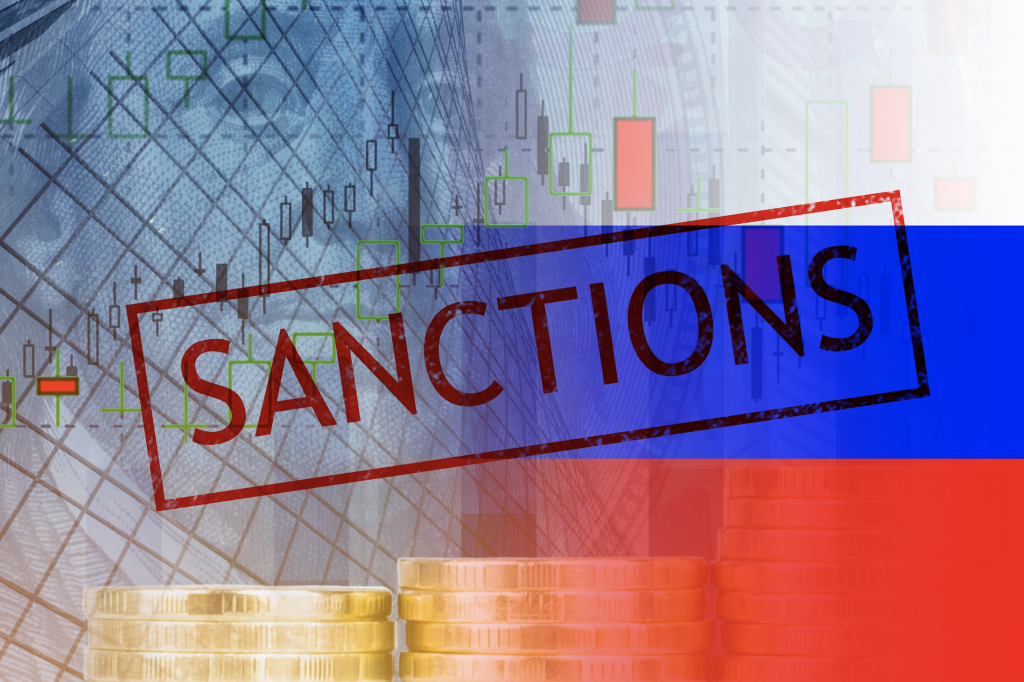The fiduciary duty to protect members’ interest must always take primacy over their moral, ethical or ESG concerns, even in relation to investments in Russian assets as the country invades Ukraine, The Pensions Regulator (TPR) has said.
Speaking at an XPS event on the Ukraine crisis, David Fairs, executive director of policy, analysis and advice, TPR, reminded trustees that their first duty was to protect member interests.
He said many members are likely to feel strongly that they would like to boycott Russian assets altogether, but pointed out that while ethical, moral or ESG factors could be taken into account, the fiduciary duty remained paramount. He added that there were significant challenges to schemes actually divesting from Russian assets right now.
Fairs said: “It’s likely a lot of members would like trustees to take strong action against Russia. Trustees can take it account ESG factors and members views but they must take into account what’s in the best int of members.
“There are two challenges here. One finding a buyer free of the sanctions regime. And two, how do you settle. So it’s not possible to divest. Trustees may want to when it is possible.
“Russia investments are likely to be small part of the portfolio – and you have to think about the cost of governance of that. But trustees must take account of their fiduciary duty.
“This is going to be a period of concern for members. Trustees have got to look at the sponsor, and we provided guidance to trustees about distressed sponsors. But trustees must also stress the likelihood of increased scams, phishing attack and cyber attacks.
“For DC members volatility in markets is always concerning, but trustees must remind members the long term is what is important, particularly for younger savers.”
Bernadine Adkins, head of the EU, trade & competition team at Gowling WLG said: “The moral duty is a cousin but doesn’t speak to fiduciary duty. In practice trustees may start with the moral position and reverse it into the fiduciary. But as a matter of law it is the fiduciary duty that matter.
“Governments that have imposed sanctions, they have done the job already, to seal off the Russian economy. So the moral question is by and large fulfilled. How can you physically invest in Russia, and in what sector? That question has been answered for you.”
Vivienne Taberer, portfolio specialist, Ninety One said: “We know that with the first Cold War some of the sanctions were not lifted until 38 years after. And in South Africa – even after the change in government, it took a long time for sanctions to be lifted.
“For those schemes with assets … do we have a fire sale. Or do we say we aren’t going to give new money to Russia but we have a duty to clients to maximise what we have. There’s no way we can sell these assets now, but some of these assets will find their way back through institutional markets and there will be a way we can exit.”
Simeon Willis, chief investment officer XPS added that “Russia’s invasion of Ukraine has highlighted the importance of ESG factors in terms of their financial impact.”
